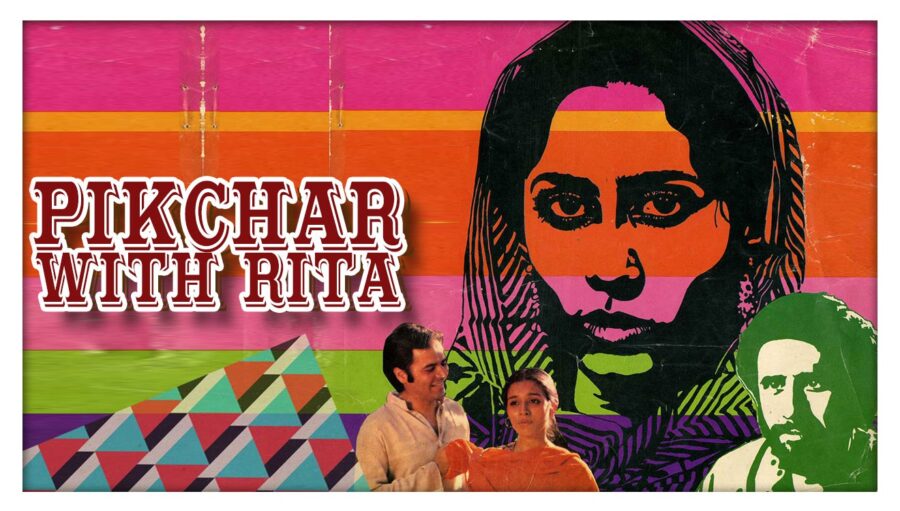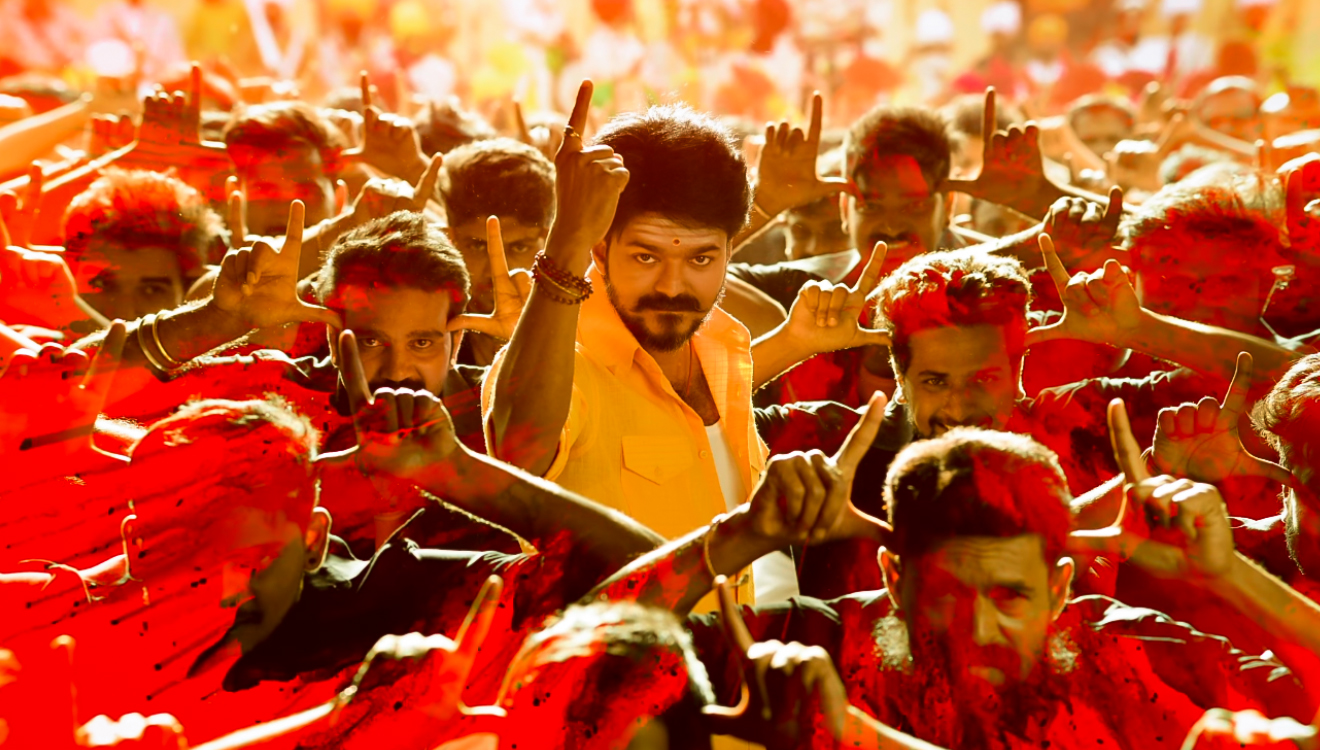It requires enormous gentleness to both portray and understand grief. Grief is circulatory; it keeps coming back, providing only an illusion of having gone. This also makes the relationship of grief with time a strange one. The temporality is interrupted in its linear journey; and you are compelled to pause; to dwell on that big hole in your chest, to understand (or not) what its source might be. Memories make grief sharper, more immediate, and therefore we choose not to remember. In the 1982 film Bazaar, directed by Sagar Sarhadi, there is a sequence of this unfathomable grief and the play of memory that might go unnoticed in the larger and important theme of women’s commodification.
Very early in the film, Nazma says to an affluent expatriate Shakirbhai that if there is one thing most cheap in your bazaar, it is the woman. The rest of the film plays out the devastation in which Nazma herself becomes complicit, and so do the rest of us as witnesses. The film has the most unforgettable scene at the end; as two people (Nazma and Salim played by Smita Patil and Naseruddin Shah) stare at us; having accounted their role in the bazaar and their quiet eyes seeking our accountability.
However, my attention is arrested by the train journey in the middle of the film; when five people from Mumbai are on their way to Hyderabad to find (or rather buy) a bride for Shakirbhai. Salim, who has loved Nazma all his life, but has no hope of weaning her away from Akhtar, is sitting next to her. As two people who have known each other from Hyderabad days, and witnessed each other’s incomplete desires, they share a bond that is rife with pain. As Nazma quietly attends to Salim, he says, can this journey not stay everlasting? It is the only form of nearness available to them; one available as a pretext to travel; a journey rather than a destination. Nazma understands his invitation to draw her into his intimate world, and merely says, “Go to sleep.” This is probably being said to memories, or the difficult questions that would ensue from them.
Difficult questions are best shoved under a pillow; graves made best for memories. However, if you do choose to remember, then not one, but many small memories come flooding in, taking you over as it were. The song that plays in the background, karoge yaad to har baat yaad aayegi, combines both the active and passive sides of memory. Sung by Bhupinder, penned by Bashar Nawaz, and set to music by Khayyam, this song is a coming together of the best talents both in its visual as well as aural form.
Recommended
For many small things to flood in; you do need to allow yourself to remember. The first act is one of will. Nazma has chosen not to remember for she must continue to believe that Akhtar will marry her one day; and her decision to elope with him to escape an exploitative situation at home must remain valid, in her mind at least. Acknowledging Salim’s gentle invitation to remember would invalidate her persistent faith; hence she prefers to shut out. What would happen though if she were not to do that, the song asks. Objects of memory will surface; a lone house at the end of the lane; and eyes that waited for someone to come; a gaze cast long into distance only to return empty – gali ke mod par soona sa koi darwaza, tarasti ankhon se rasta kissi ka dekhega. Various stanzas of the song punctuate scenes from the past when Salim expresses his affection to Nazma; making the song a trigger for the narrative to reveal to us every small thing, har baat yaad aayegi. Memories, after all, also come as mobs knocking the doors of the reluctant.



